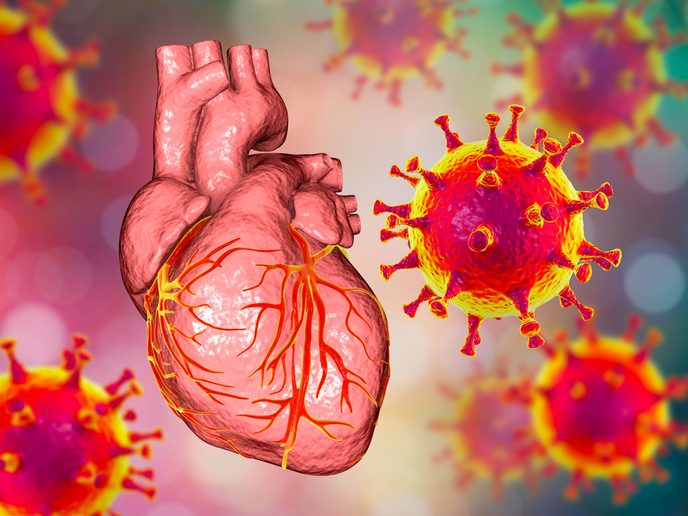These are the proteins causing strokes and heart attacks in COVID-19 patients
When the coronavirus enters the body, it starts producing 29 proteins. Then a new virus is formed, and that virus produces 29 new proteins, and so on. It has been 2 years since the global pandemic started, and we still do not know which of the proteins in the SARS-CoV-2 virus are responsible for cases of severe vascular disease that negatively impacts our arteries and veins. Researchers supported by the EU-funded SweetBrain project have identified the virus proteins that are causing strokes and heart attacks in COVID-19 patients. The results were published in the journal ‘eLife’. The team of Israeli scientists achieved the major breakthrough by taking a “peek in the virus’s black box,” co-author Dr Ben Maoz of project coordinator Tel Aviv University commented in an article posted in ‘The Times of Israel’. The discovery was made by analysing all of the SARS-CoV-2 virus’s 29 proteins to find out which ones damage the vascular system, also known as the circulatory system. This system is made up of the vessels that carry blood through the body. Specifically, the team identified the five proteins in SARS-CoV-2 that lead to vascular issues.
Paving the way for new drugs
“Coronavirus isn’t the purely respiratory disease we first thought, and we have identified the proteins that put patients at increased risk of stroke, heart attack, and other problems associated with the vascular system,” Dr Maoz noted. “This work could well help scientists to develop drugs to counter the effect of the coronavirus on the vascular system, by providing an understanding of exactly which proteins, or pieces of the virus, are causing problems.” The scientists created a simulation of a human vascular system and studied the effect of all 29 coronavirus proteins. Based on this analysis, they identified which ones affected the vascular system and how they did so. “We have not only discovered which proteins have an impact on the vascular system, but also seen how exactly they exert their effect,” added Dr Maoz. “What we found is these specific proteins make your vasculature more leaky. The tubes become more porous and cannot hold liquid as you would hope. This information is also valuable in efforts to develop drugs.”
Deconstructing COVID-19
The discovery could provide the basis for a more refined treatment of COVID-19. “To this day the virus has been treated as one entity, despite the fact that it affects different parts of the body in different ways,” Dr Maoz explained. “All the evidence shows that the virus severely damages the blood vessels or the endothelial cells that line the blood vessels. I hope that our research will prove useful in enabling more targeted treatment.” SweetBrain (A new perspective on the metabolic pathway to neuronal dysfunction: Using organs on a chip to elucidate the role of the brain microvasculature) ends in August 2025. For more information, please see: SweetBrain project
Keywords
SweetBrain, COVID-19, coronavirus, SARS-CoV-2, protein, stroke, heart attack, vascular system



